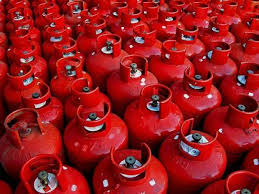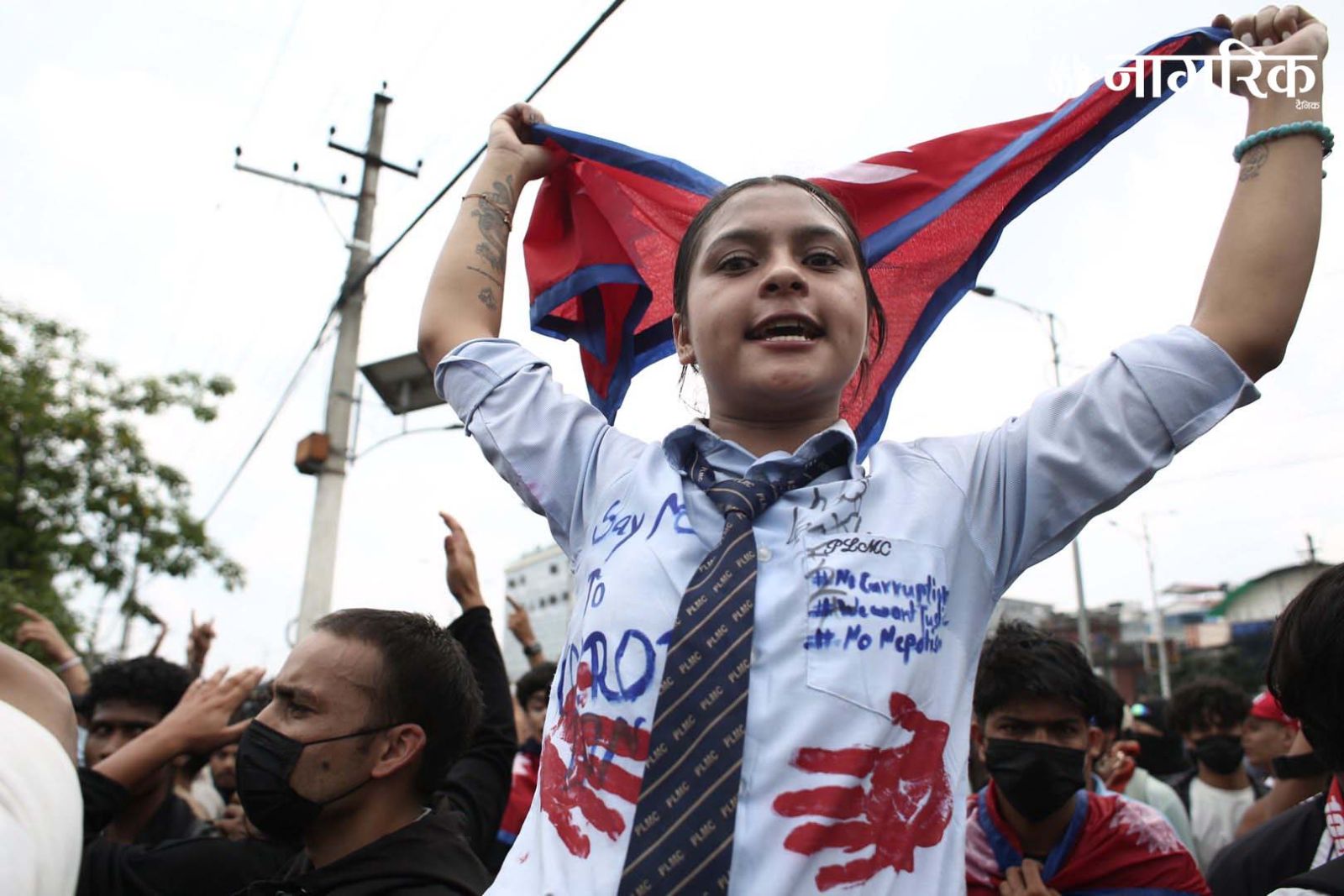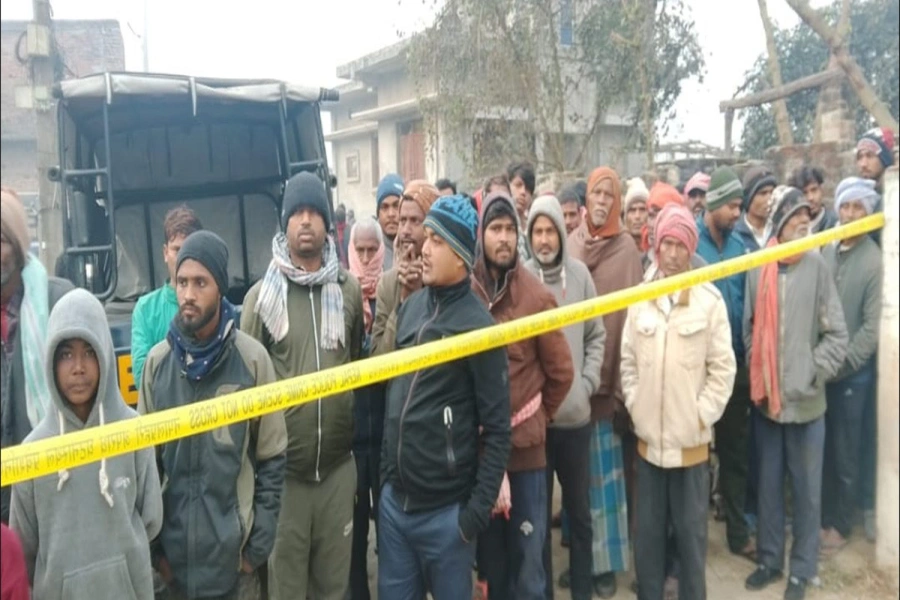As the clock ticks on the completion of our ambitious transmission line and road upgradation projects under the Millennium Challenge Account-Nepal (MCA-Nepal), the projects find themselves entangled in a web of delays, bureaucratic hurdles and legal disputes. With six months of the five-year project already elapsed, concerns mount over the MCA-Nepal’s ability to stay on course. The recent Supreme Court verdict dismissing a writ petition against the tender process brings a sigh of relief, but the road ahead still appears fraught with challenges. In October 2023, MCA-Nepal canceled contracts for the transmission line project, citing exorbitant bids exceeding estimated costs. But the subsequent legal battle with Tata Projects, an Indian company involved in the project, further delayed the tender process.
The recent decision of the Supreme Court to dismiss Tata Projects' writ underscores the legitimacy of MCA-Nepal's concerns regarding cost overruns. The apex court has rightly emphasized the need for a transparent rebidding process, aligning with the project's objectives. It may be noted that the MCA-Nepal issued a contract notice in November 2022 for the construction of a 315 km long 400 KV transmission line, divided into three sections. Unfortunately, all three contracts were scrapped due to bids that soared 60 percent above the estimated cost. As a result, the $500 million MCC project, aiming to enter the construction phase on August 30, 2023, has hit an impasse.
PM Dahal joins MCC CEO Albright to celebrate the launch of the...

The delay in the rebidding process is attributed to the meticulous review of design parameters and construction provisions. Moreover, the project grapples with incomplete land acquisition, a crucial aspect for a venture of this magnitude. Out of the targeted 1,471 hectares across 10 districts, only 20.27 hectares in Nuwakot have been acquired to construct the Ratamate substation. The acquisition for New Damauli and New Butwal substations is still in progress. The MCC project mandates the construction of 856 towers, leading to the cutting of around 212,000 trees and demands 800 ropanis of government and private land. While MCA-Nepal asserts that approvals for tree felling and land acquisition are in progress, the pace of these procedures remains a cause of concern as the projects have failed to kick off.
Nepal ratified the MCC grant agreement through parliament on February 27, 2022, amid sharp polarization across political parties and people in the country. As the nation made a resolve to execute the MCC projects despite certain differences, it is time for all parties concerned including the government to work towards addressing the challenges seen in the path of its implementation. In this regard, it is important to ensure that bureaucratic delays and political interference have no space to hinder the progress of these projects. The success of MCC projects largely hinges on swift resolutions, transparent processes and a resolute commitment. We urge all concerned parties to take decisive measures with urgency to ensure that the projects that have potential to bring economic transformation in the country are completed within the five-year timeframe.


































